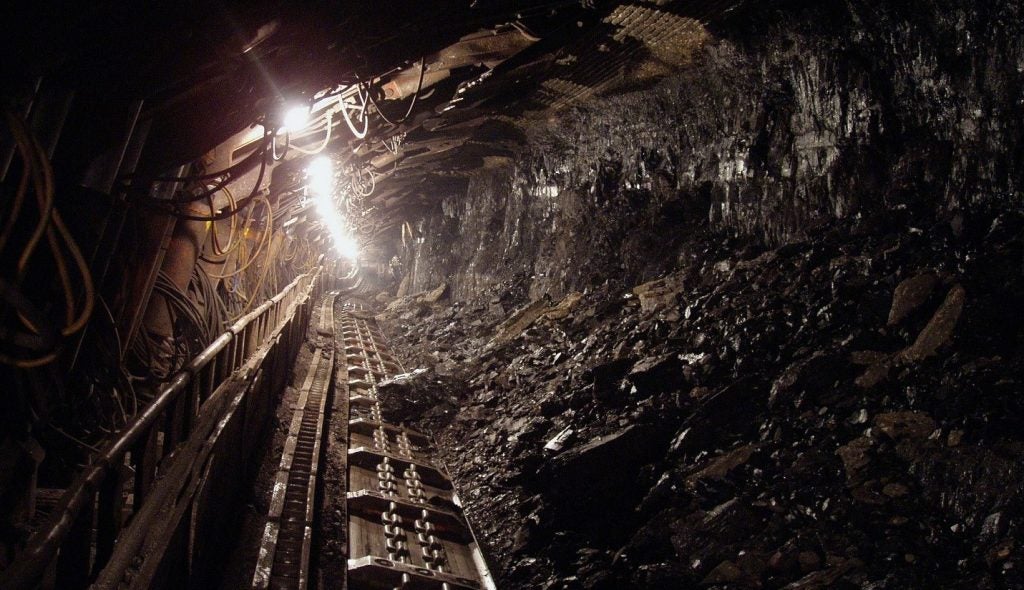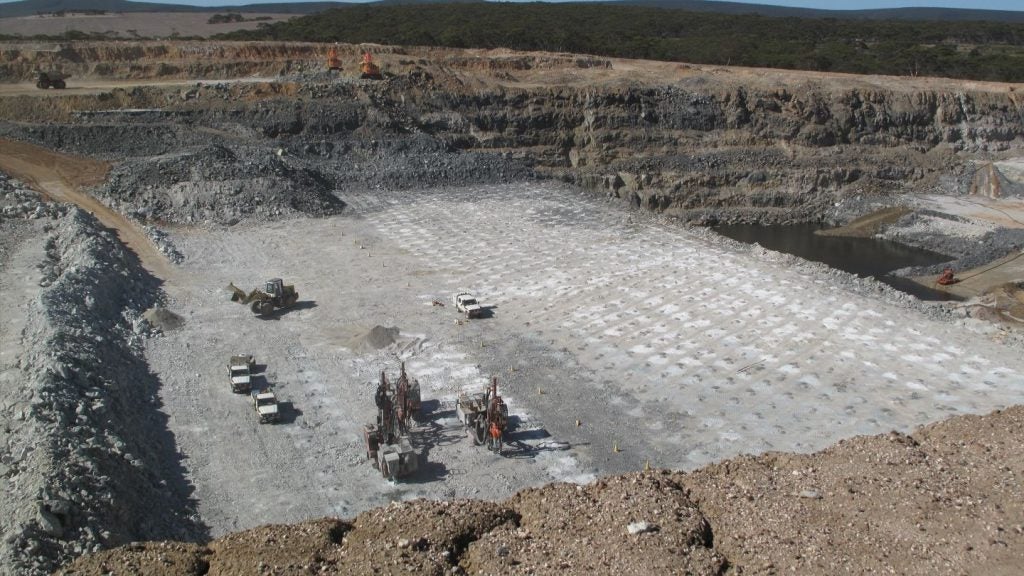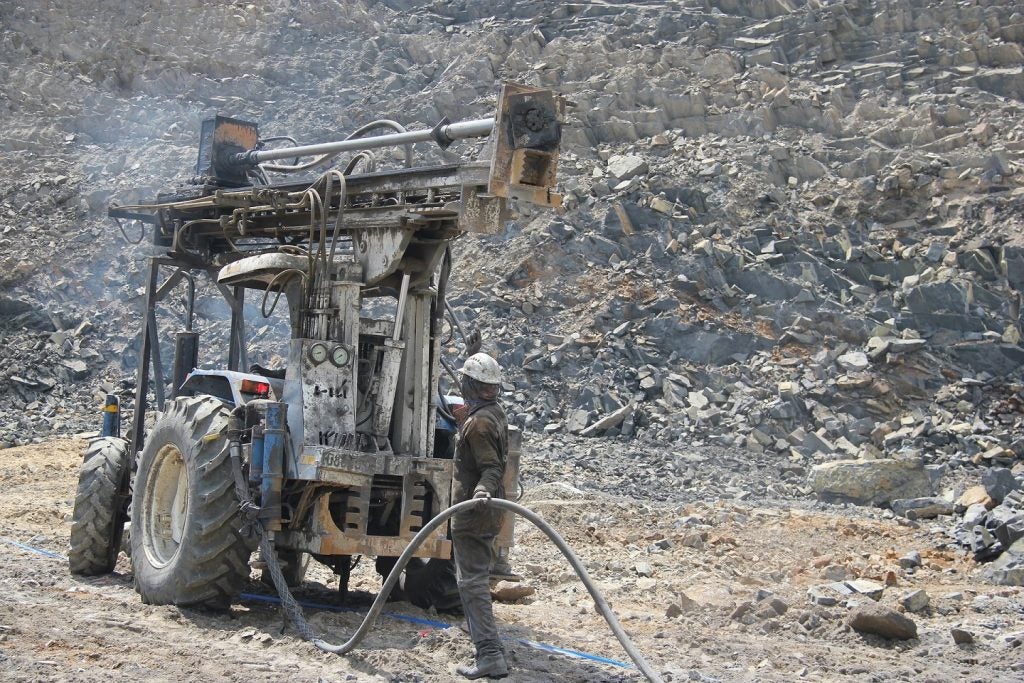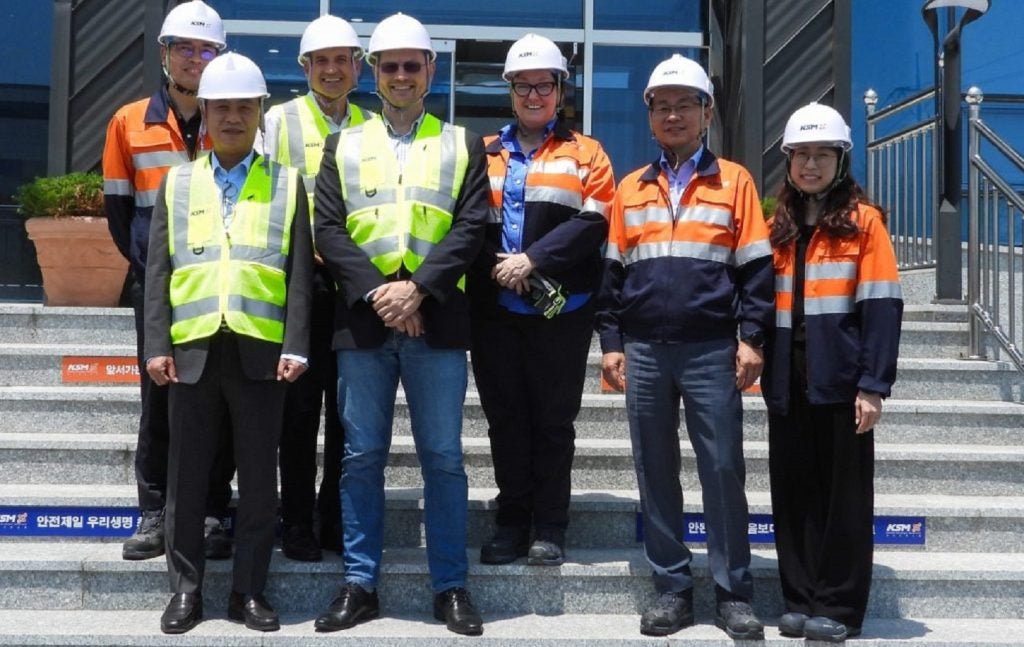Wa State, the autonomous region within Myanmar that is among the world’s greatest producers of tin, has proceeded with the total suspension of all mining activities within the country.
In May, the region’s government announced that from August it would indefinitely suspend all mining operations in order to protect the environment, preserve tin reserves for the future and formalise mining within the state. As much as 10% of the world’s tin comes from Wa State, which also accounts for 95% of all Myanmar’s production.
From the beginning of the shutdown on 1 August, all mines and processing plants were closed, with workers dismissed and ore transport vehicles halted. Regular inspections will be carried out in order to ensure that mines remain closed.
The International Tin Association (ITA) reported that the state has approximately two million tonnes (t) of raw ore stocks present, containing 5,000–6,000t of tin concentrate. However, as the shutdown also meant the closure of processing plants, the sale of this ore has also been halted. On top of this, a further 1,500t of tin ore is awaiting approval to be exported from the port of Meng’a.
The ITA stated: “The market’s previous expectations of one to three months for the suspension now seem overly optimistic, as the Wa State Government is clearly committed to policy enforcement. An expectation that processing of stockpiles could still go ahead appears to have been quashed by the ban on ore transport. Reopening of mines may also now take longer.”
China will be worst affected by the mine closures, as it currently draws a majority of its 40,000t-per-year tin imports from Wa State. As its raw material supply will dwindle, it will have to source goods from locations potentially less politically close and more expensive, or risk a decrease in production.















